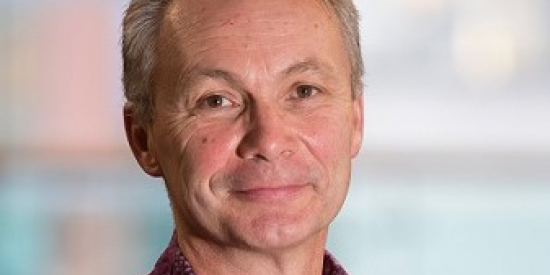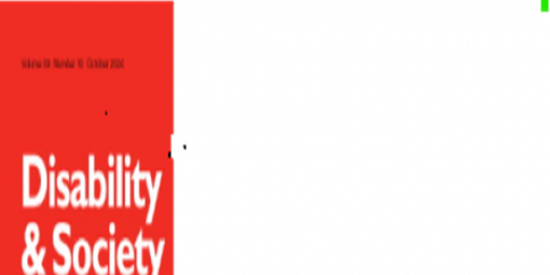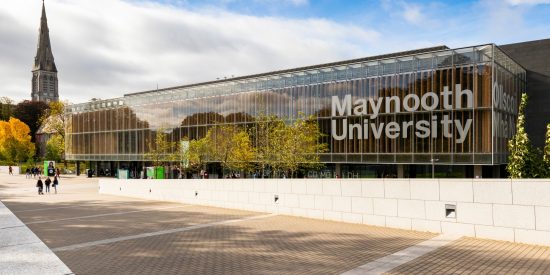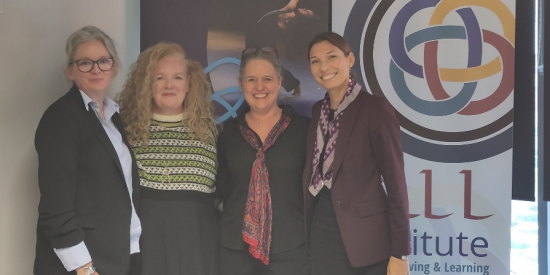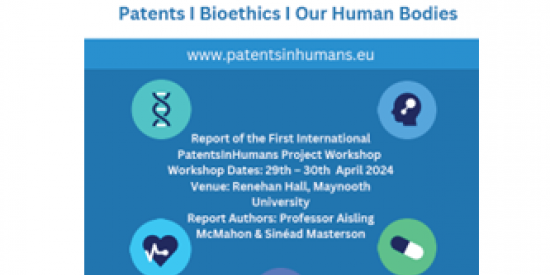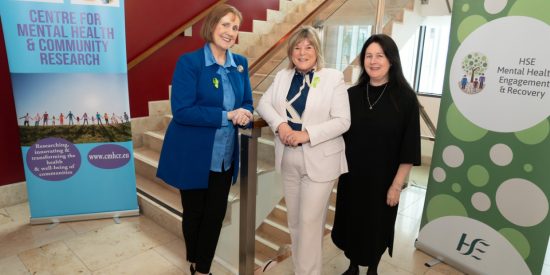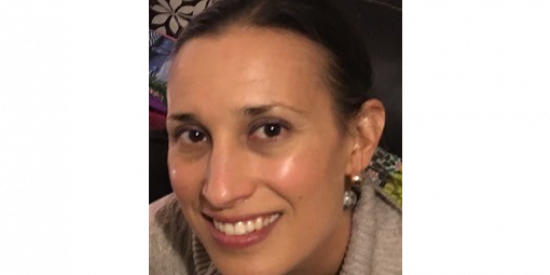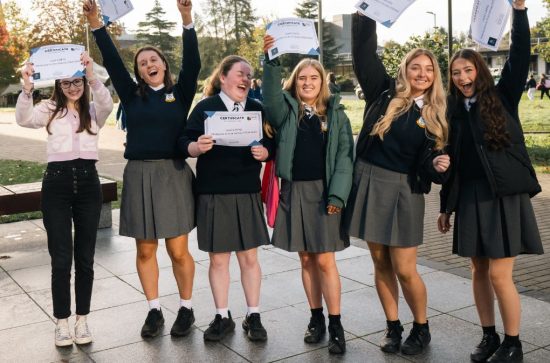
Maynooth University, together with Microsoft Ireland, Science Foundation Ireland and the Department of Education, have announced the national expansion of the STEM Passport for Inclusion initiative.
STEM Passport for Inclusion was launched two years ago to address inequalities in accessing STEM careers among post-primary students in socially disadvantaged communities. The programme's innovative approach, which combines an educational qualification (Level 6 NFQ), education supports, and mentoring from industry role models, provides a unique pathway for students to progress to third level education and achieve a STEM qualification.
Since the launch of the pilot programme two years ago, 1,250 students have participated, leading to a significant increase in the students’ confidence and intention to pursue STEM education at third level.
The national expansion of the programme was announced at the 2023 STEM Passport for Inclusion graduation, which took place at Maynooth University. Three hundred female senior cycle students from 17 DEIS schools in Leinster received a certificate for participating in the newly developed Level 6 NFQ certificate in 21st Century STEM Skills.

“We’re delighted to announce the expansion of the STEM Passport for Inclusion initiative. The impact to date has been far reaching and it was so nice to be able to make this announcement as we mark the graduation of this group of students from Maynooth University.
"Some of them will be the first in their family or school to get a university award and many will not have taken any science, technology or engineering subjects in school. We are delighted for them."
“Since we launched the pilot programme two years ago, 1,250 students have engaged with the initiative, with a significant increase in the students' confidence and intention to study STEM in the future achieved. We are hugely excited to be able to roll the initiative out nationwide across academic years 2023 to 2025 – we currently have 2,000 students from DEIS schools registered in three Universities taking the module. Furthermore, the students will have the opportunity to benefit from mentoring from more than 600 mentors from 40 companies across Ireland.
“We have also just agreed in Maynooth to pilot a DEIS STEM pathway where students who participate on the programme in future years will become eligible to apply for 50 Leaving Cert points towards Engineering and Computer Science degrees in our university. This is real innovation in education; higher education working with each other and with post primary education, and industry, to create STEM pathways for under-served girls.”
Microsoft is the STEM Passport for Inclusion’s lead industry partner, having contributed €600,000 in match funding to date. In addition, Microsoft’s Dream Space education team co-designed the Level 6-accredited (NFQ) STEM Passport module and has supported the delivery of the STEM Passport curriculum to participating students in Dream Space venues in both Dublin and Belfast. More than 200 of Microsoft’s employees are actively supporting the STEM Passport for Inclusion mentoring programme, alongside other educators and representatives from private and public sector organisations.
Speaking about Microsoft’s continued role in the initiative, James O’Connor, Microsoft Ireland Site Leader and Vice-President Microsoft Global Operations Service Centre, said: “Microsoft is exceptionally proud of our collaboration with Maynooth University and the active role that we have played to support the delivery of the STEM Passport for Inclusion pilot over the past two years. Microsoft is passionate about ensuring that every person has the opportunity to skill up to play an active role in our digital economy and, in particular, that those living in socially disadvantaged areas are given equal opportunities.
“We are thrilled that the STEM Passport for Inclusion initiative is being rolled out nationwide and that it will continue to address inequalities in access to STEM careers among post-primary students in socially disadvantaged communities. We look forward to playing an active part in the continued success of this initiative and the positive impact that it will have on inspiring the next generation of digital leaders in our country.”
Dr Abigail Ruth Freeman, Director, Science for Society at Science Foundation Ireland, commented: “STEM Passport for Inclusion opens access to STEM skills and careers for students from a diverse range of backgrounds and communities. The pilot programme has been highly successful, with a significant increase in the number of participating students planning on studying STEM at third level. In partnership with Maynooth University, the Department of Education, and Microsoft Ireland and a number of industry partners, we’re proud to expand the programme nationwide and support more students across the country who wish to build a career in the sector – an important step in preparing our society and economy with the skills that will be needed for the future.”
Speaking about the announcement, Minister for Education, Norma Foley TD, said: “It is important that every student in our schools has equal access to develop the skills and knowledge for success. STEM Passport for Inclusion is an important initiative in broadening access to STEM and fostering a more diverse and inclusive culture. Following the success of the pilot, I am pleased with the expansion of the programme nationwide to support more students from socially disadvantaged communities to consider STEM within school and as they make their journey into the world of work. By working together across Government, industry, and the education sector, we can ensure that everyone, regardless of gender, background or socioeconomic status, has the opportunity to thrive in our future economy.”
The national roll-out of the STEM Passport for Inclusion programme (2023-2025), which is funded by Microsoft, Science Foundation Ireland, and the Department of Education, will see participants graduate from partner Universities - Atlantic Technological University, Munster Technological University and Maynooth University.
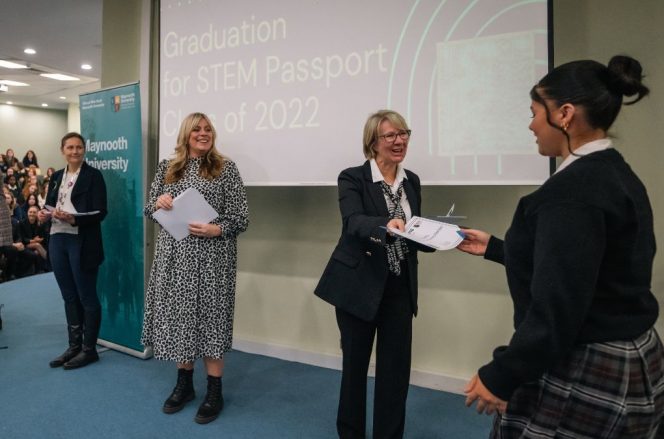 |
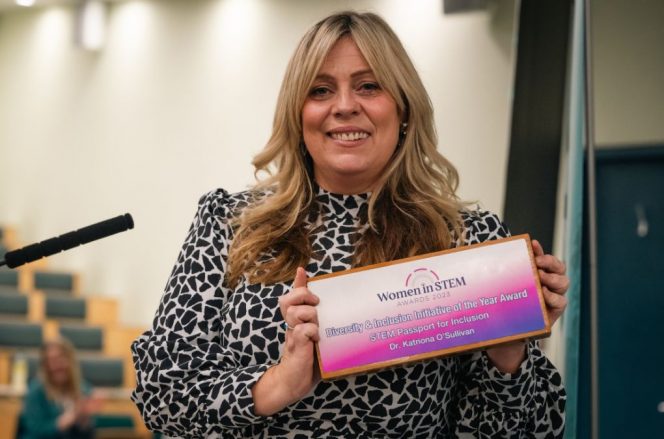 |
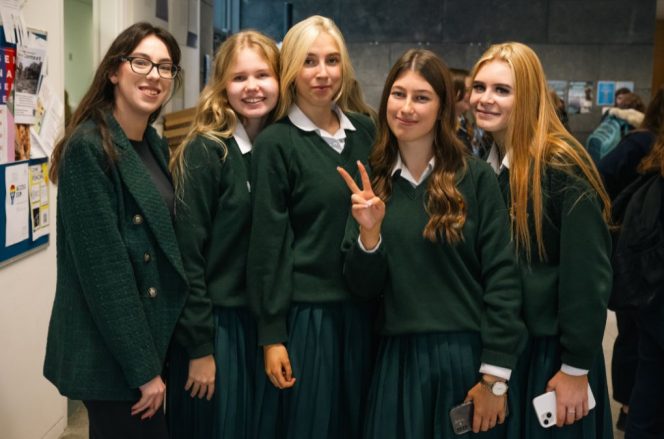 |
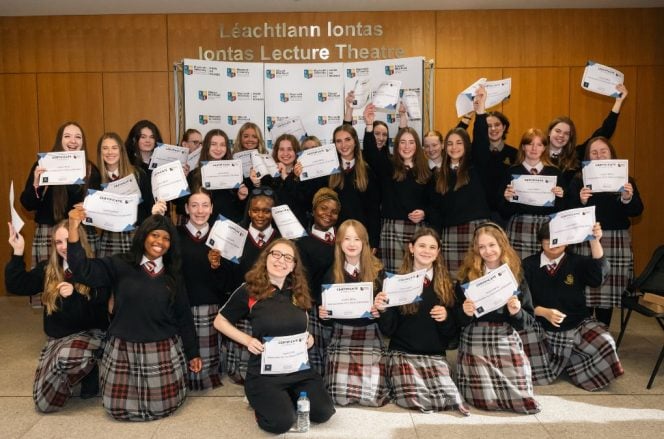 |


